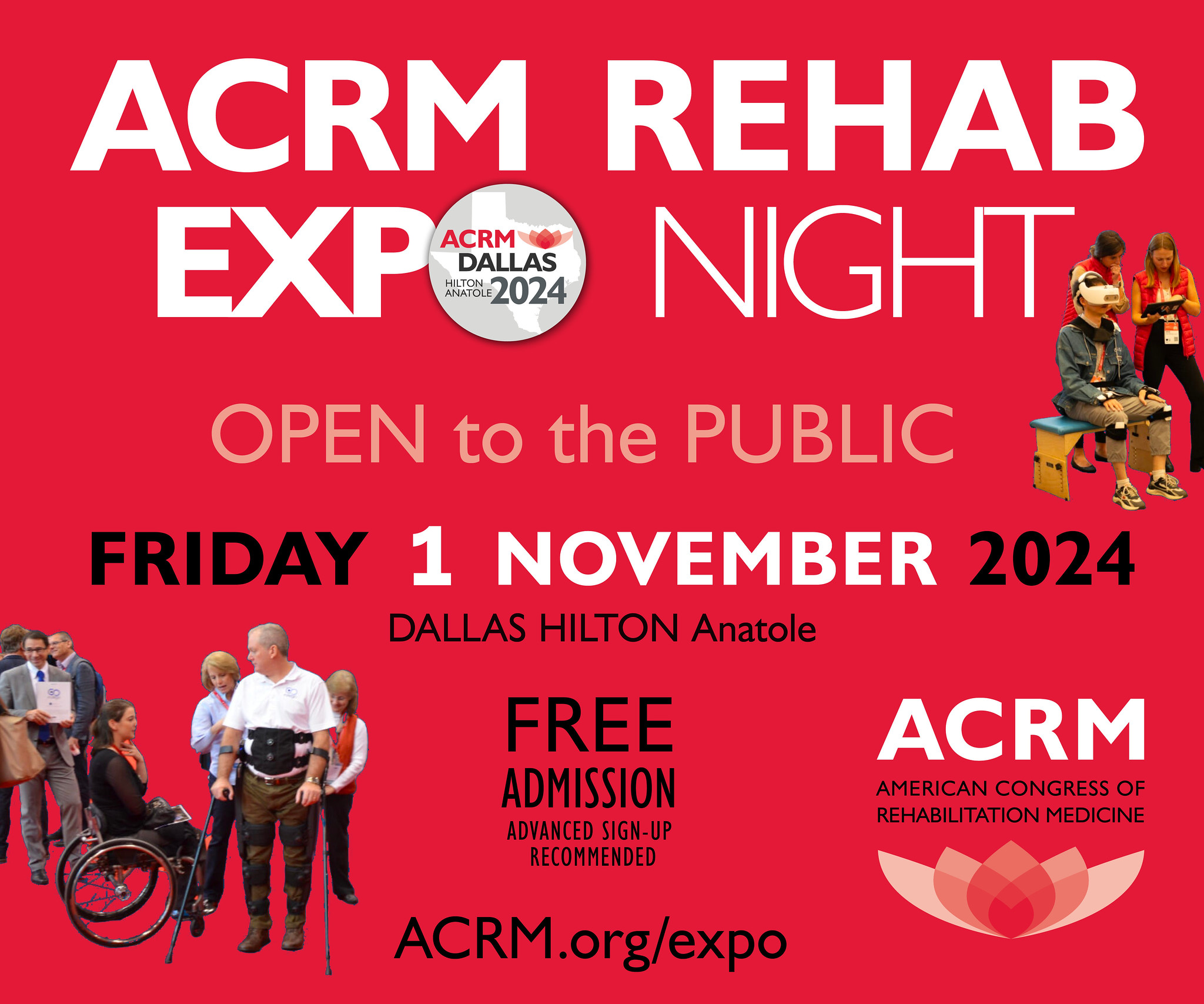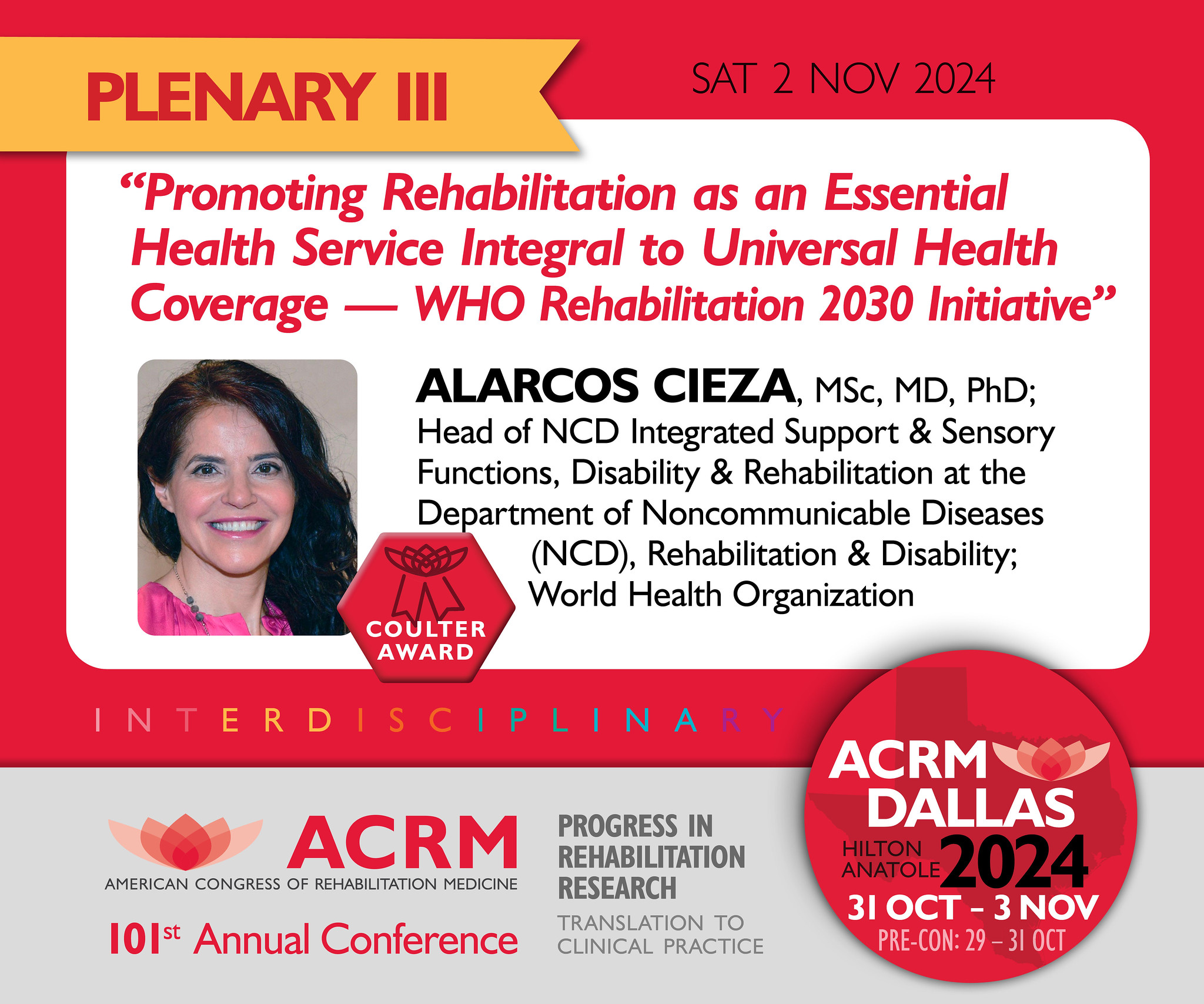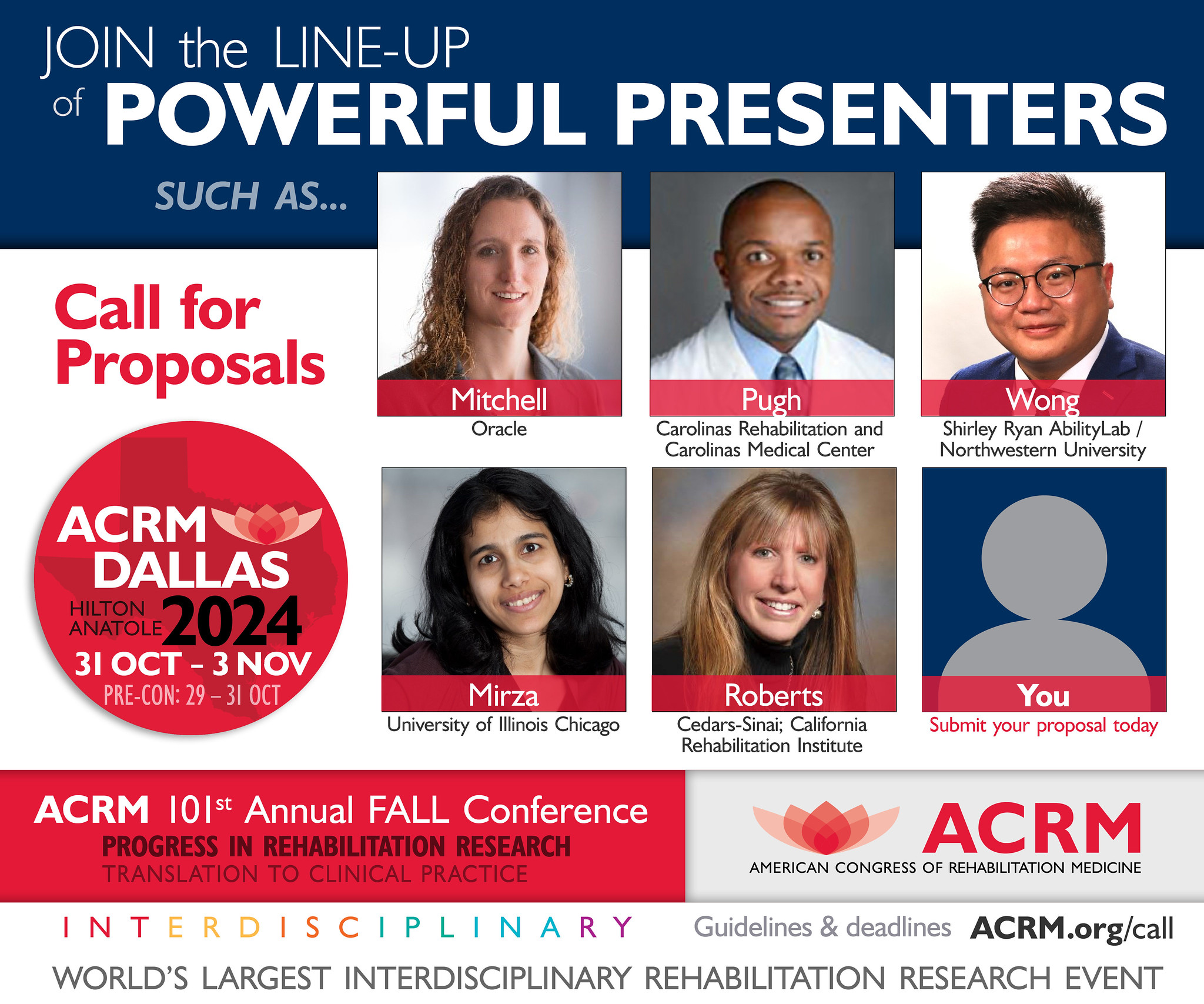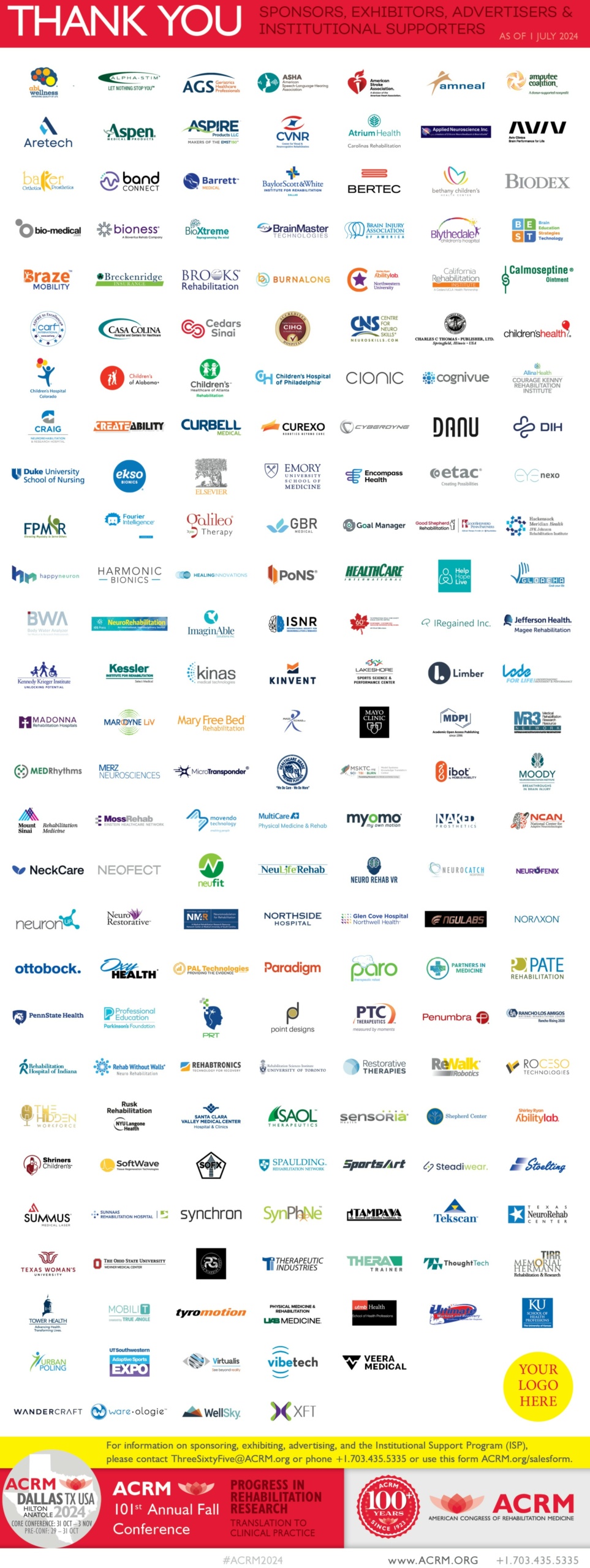LaunchPad Spotlight: Sam Colachis, MS
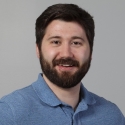 Please tell us about your professional background(s).
Please tell us about your professional background(s).
I am a research scientist in the medical devices group at Battelle focused on developing assistive technologies to improve the quality of life for individuals with physical or cognitive challenges. I have worked at Battelle for 4.5 years, where I was an intern for 2 of those years while attending graduate school at The Ohio State University. I received my master’s in biomedical engineering at OSU in 2018 and joined Battelle full-time, where I have since then become a key member of the Battelle NeuroLife® program and played a major role in the development and clinical execution of a neural bypass technology that restores conscious control of the fingers and hands to individuals with spinal cord injuries. I was raised and currently live in Columbus Ohio.
What is your elevator pitch for the technology you presented at ACRM?
Acquired brain injurie (ABI) is one of the leading causes of disability in the US. Currently, cognitive rehabilitation and occupational therapy focused on functional activities is the gold standard for recovery. During therapy, patients practice instrumental activities of daily living (IADLs) with support and feedback from occupational therapists. However, rehabilitation sessions with licensed occupational therapists are extensive and often limited based one what insurers will agree to reimburse. Battelle’s Activity Assistant™ was developed to provide patients with additional IADL practice to achieve a fuller recovery and regain more independence. The Activity Assistant is a portable, autonomous biofeedback system that provides real-time feedback while patients perform functional activities using real objects. The system uses a camera and object recognition software to monitor patients’ movement and interactions with real-world objects. With the Activity Assistant, patients follow guided activities that mirror activities performed with occupational therapists, such as making a sandwich, sorting medications, and managing money. The Activity Assistant offers a revolutionary solution to providing ABI survivors with more function-focused therapy that will allow them to become more independent.
What inspired you to develop the technology you presented for LaunchPad?
With a spinal cord injury rehabilitation physician as a father and neurorehabilitation nurse as a mother, I was quite literally raised with a passion to help people with nervous system injuries. This passion only grew after I suffered from a subdural hematoma due to a sport-related traumatic brain injury (TBI) years ago. After this experience, and a fortunately full recovery, I felt a calling to help the many others who have experienced TBIs and other neurological disorders. The Activity Assistant project is one way I hope to make a positive impact on these individuals’ lives.
How has your product/technology/business evolved since you presented for LaunchPad? (or) Do you have any updates you’d like to share since your LaunchPad presentation?
Since the LaunchPad presentation, we have been further developing the Activity Assistant system to include additional activities and have a proof-of-concept feasibility clinical study with The OSU Medical Center planned to begin this summer, where we will test the system with an in-patient ABI population.
What professional achievement are you most proud of over the past year?
Winning first place in the ACRM LaunchPad competition.
What innovation or project in the rehabilitation medicine space are you most excited about in the upcoming year?
There are some large companies that are starting to bring neural interfaces to the consumer market, which is exciting because it will help accelerate the path to market for medical devices that leverage the same capabilities.
What advice would you give to any healthcare professional who wants to be more involved in technology?
Attend a wide variety of conferences and network with many people. For individuals who want to transition from a clinical role to a technology role, I recommend attending engineering focused conferences and meeting the leaders in the fields you are most interested in. Companies and translational labs that are developing rehabilitation technologies centered around end users are dependent on clinician expertise and guidance, so simply reaching out goes a long way.
What advice would you give to someone who has a new technology idea?
Assuming the idea is worth pursuing, validated by an unmet market need, protecting the idea through intellectual property is critical.
Outside of professional activities, what hobbies you enjoy?
Playing guitar, writing music, and performing music with my fiancé.
Is there anything else you’d like to share with the technology networking group?
The Battelle Neurotechnology team is actively expanding and looking for collaborators, partners, and new hires. Please reach out through our main website, Battelle.org, if there is any interest in the work we are doing.


